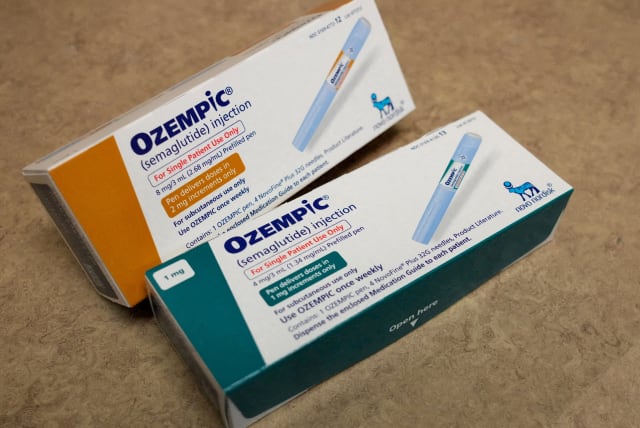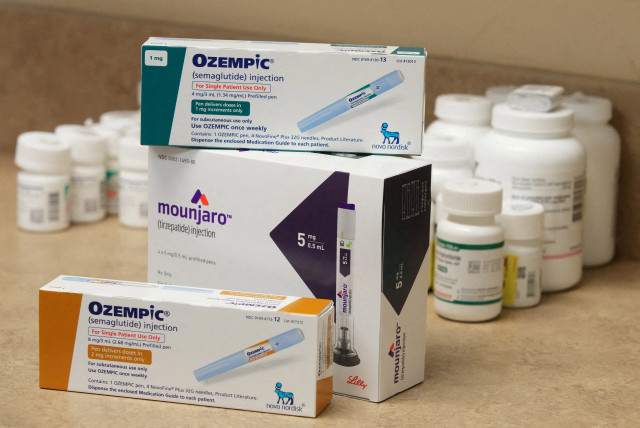Ozempic helps HIV patients, not just diabetics and celebrities losing weight - study

Ozempic can be given to people with HIV to combat fatty liver, according to a recent peer-reviewed study.
Semaglutide, commonly known under the brand name Ozempic, has been hot in the news in recent months because of the dramatic effects the public has been seeing in celebrities who have been losing weight speedily after beginning use of the drug.
The drug has been, until now, formally marketed towards people with type 2 diabetes, and more recently, it has been given to those combatting obesity.
The drug has been found, however, to be useful for yet another population: Those living with HIV.
Indeed, a recent peer-reviewed study published by researchers at the University of Colorado Department of Medicine in the journal Annals of Internal Medicine found that Ozempic can be given to people with HIV to combat fatty liver.
The study, conducted by researchers in the US and Brazil, focused on the use of Ozempic in treating metabolic dysfunction-associated steatotic liver disease, or MASLD: the most common cause of chronic liver disease and of liver-related deaths.

MASLD is formerly known as nonalcoholic fatty liver disease.
Treatment for fatty liver
“Currently the mainstay of treatment for fatty liver is weight loss, and we all know that weight loss can be difficult for many people to achieve and to ultimately maintain,” according to Kristine Erlandson, MD, a University of Colorado Department of Medicine faculty member and lead researcher in the study. “Because weight loss is the recommendation for fatty liver, and there aren’t any approved therapies for decreasing liver fat, our idea was that if we had an effective drug for weight loss, we would likely see improvements in fatty liver."
After 24 weeks, the participants were evaluated; 29% showed no signs of MASLD, and another 58% showed significant reductions in liver fat, enough to lower their risk of progression to advanced liver disease.
The study concluded that semaglutide is “a highly effective MASLD therapy” for people with HIV. It also found evidence that the drug may reduce risk of cardiovascular disease, which is higher among people with HIV, by reducing liver fat.
“I suspect if we’re using the larger doses now approved, we’ll see an even greater benefit,” Erlandson said.
